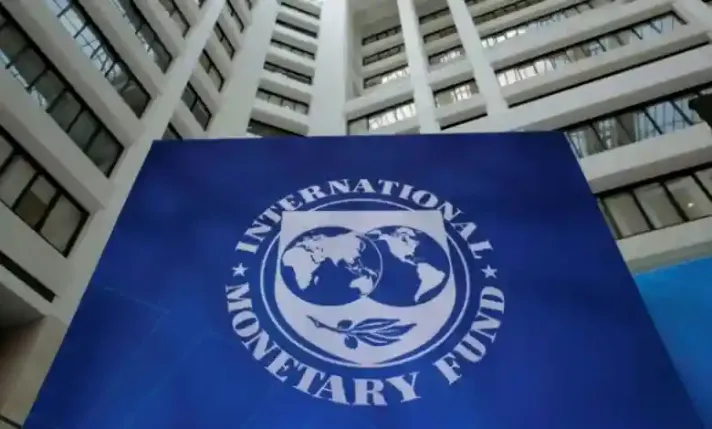The International Monetary Fund (IMF) has approved a loan of $2.9 billion to Sri Lanka.
Furthermore, Gotabaya Rajapaksa resigned as President due to the widespread protests that happened this year and brought Ranil Wickremesinghe to power, who was also the Finance Minister of the country.
The preliminary agreement between Sri Lanka and the IMF has to be approved by the IMF management and its executive board provided the Srilankan authorities perform their measures diligently.
Is Bangladesh going to be the next Sri Lanka? Read more.
“The staff-level agreement is only the beginning of a long road for Sri Lanka,” senior IMF official Peter Breuer was quoted, “Authorities have already begun the reform process and it must continue with determination.”
Milinda Moragoda, the High Commissioner of Sri Lanka to India, said “They have worked out the contours of a restructuring programme. We have commercial debt, bilateral and multilateral debt, and domestic debt…so how to balance this… Then there are some upfront measures to take, and then we move into the programme.”
In its statement, the IMF said, “the debt relief from Sri Lanka’s creditors and additional financing from multilateral partners will be required to help ensure debt sustainability and close financing gaps”.
How will the funds deployed from the IMF help Sri Lanka?
The funds are to be used over four years to stabilize the economy and enhance growth. The fund will be deployed to help the government to raise revenue to support the government in reducing debt accumulation, framing new pricing policies for fuel and electricity, hiking social spending, and rebuilding the lost foreign reserves.
“Starting from one of the lowest revenue levels in the world, the programme will implement major tax reforms. These reforms include making the personal income tax more progressive and broadening the tax base for corporate income tax and VAT,” the IMF statement said.
The IMF said, “The programme aims to reach a primary surplus of 2.3 % of GDP by 2024.”
What’s the situation in Sri Lanka now?
According to a report, Sri Lanka owes more than $51 billion in foreign debt, of which $28 billion has to be repaid by 2028. The country’s economy will shrink by 8.7 % in 2022 while inflation may rise to above 60 %.
President Wickremesinghe proposed a budget that aims to increase government revenue by 15% of the GDP by 2025. He plans to do this by controlling inflation and increasing value-added tax to 15% from the current level of 12%. decreasing the public sector debt. They plan to do this by also increasing the country’s deficit projection for 2022 from 8.8% to 9.8%.
With schools and colleges being reopened, other international organizations such as the United Nations had launched programmes to ensure that there is no food scarcity.
This news piece is brought to you in association with Jobaaj.com






